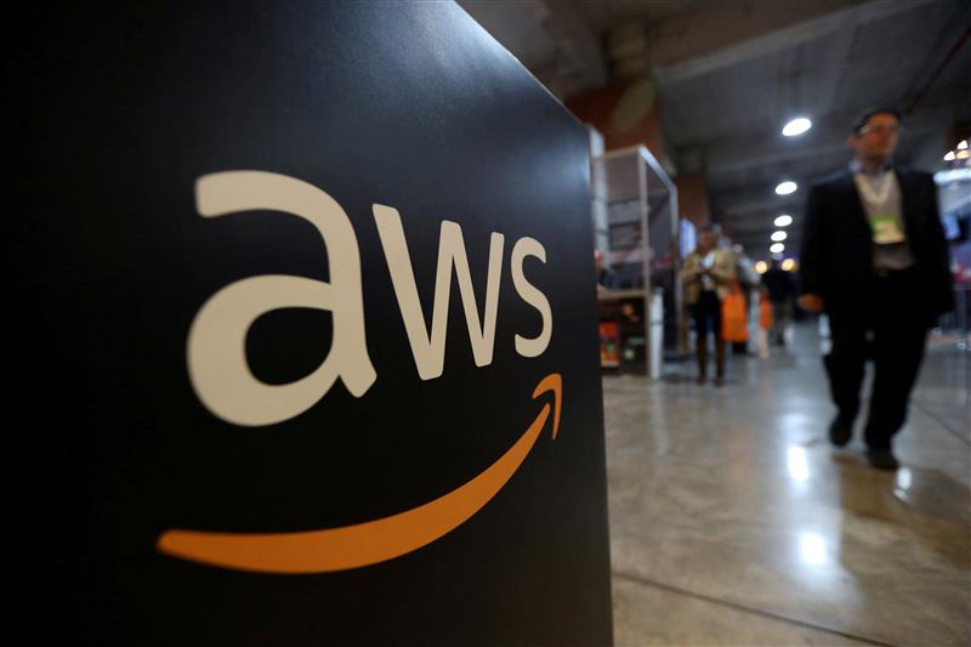
In a temporary setback for Amazon Web Services (AWS), a widespread outage occurred this Tuesday afternoon, affecting a significant number of major websites, including the Boston Globe and New York City’s Metropolitan Transit Authority. The disruption hindered the ability of news organizations to report on the court appearance of former President Donald Trump in Miami, while also causing temporary unavailability of the transit agency’s website and app, prompting them to share service updates on Twitter.
The Verge, also confirmed the impact of the AWS outage on its website. Yet, Southwest Airlines acknowledged customer reports of issues accessing its website and expressed collaboration with Amazon to resolve the problem. The scale of the incident became apparent with around 12,000 reports of difficulty accessing AWS services recorded on the outage-tracking site Down Detector around 3 p.m. ET, gradually declining by 5 p.m. ET.
In response to CNN‘s request to comment, AWS referred to its Service Health dashboard, which initially acknowledged “increased error rates and latencies” affecting regional servers in its Northern Virginia hub shortly after 3 p.m. ET. By 5 p.m. ET, the dashboard reported that many AWS services had fully recovered and were marked as resolved in relation to the incident. They also stated that the web giant’s team continued their efforts to fully restore all services, and by Tuesday evening, the outage was ultimately resolved, as confirmed in the dashboard update at 6:42 p.m. ET, stating that “the issue has been resolved and all AWS Services are operating normally.”
As reported to Reuters, a Twitter user expressed their frustration about the outage, stating that they were unable to obtain information because both #AWS and Alexa were experiencing downtime.
The Amazon Web Services outage raises important questions regarding our reliance on a single company for a significant portion of our internet infrastructure. As more and more critical services and websites depend on AWS, an interruption such as this serves as a reminder of the potential vulnerabilities inherent in such centralized systems.
The rapid response from AWS in addressing the outage demonstrates their commitment to restoring services promptly. But incidents like these emphasize the importance of diversification and redundancy in internet infrastructure to mitigate the impact of potential disruptions. As technology continues to evolve, striking a delicate balance between technological advancement and safeguarding against large-scale interruptions remains an ongoing challenge.
Considering this incident, John Doe, an industry expert, commented, “The AWS outage reminds us of the need for a diversified internet infrastructure to avoid extensive disruptions. While centralization brings benefits, it also amplifies the impact when something goes wrong. We must proactively explore strategies to ensure a more resilient digital ecosystem.”
Inside Telecom provides you with an extensive list of content covering all aspects of the tech industry. Keep an eye on our Impact section to stay informed and up-to-date with our daily articles.